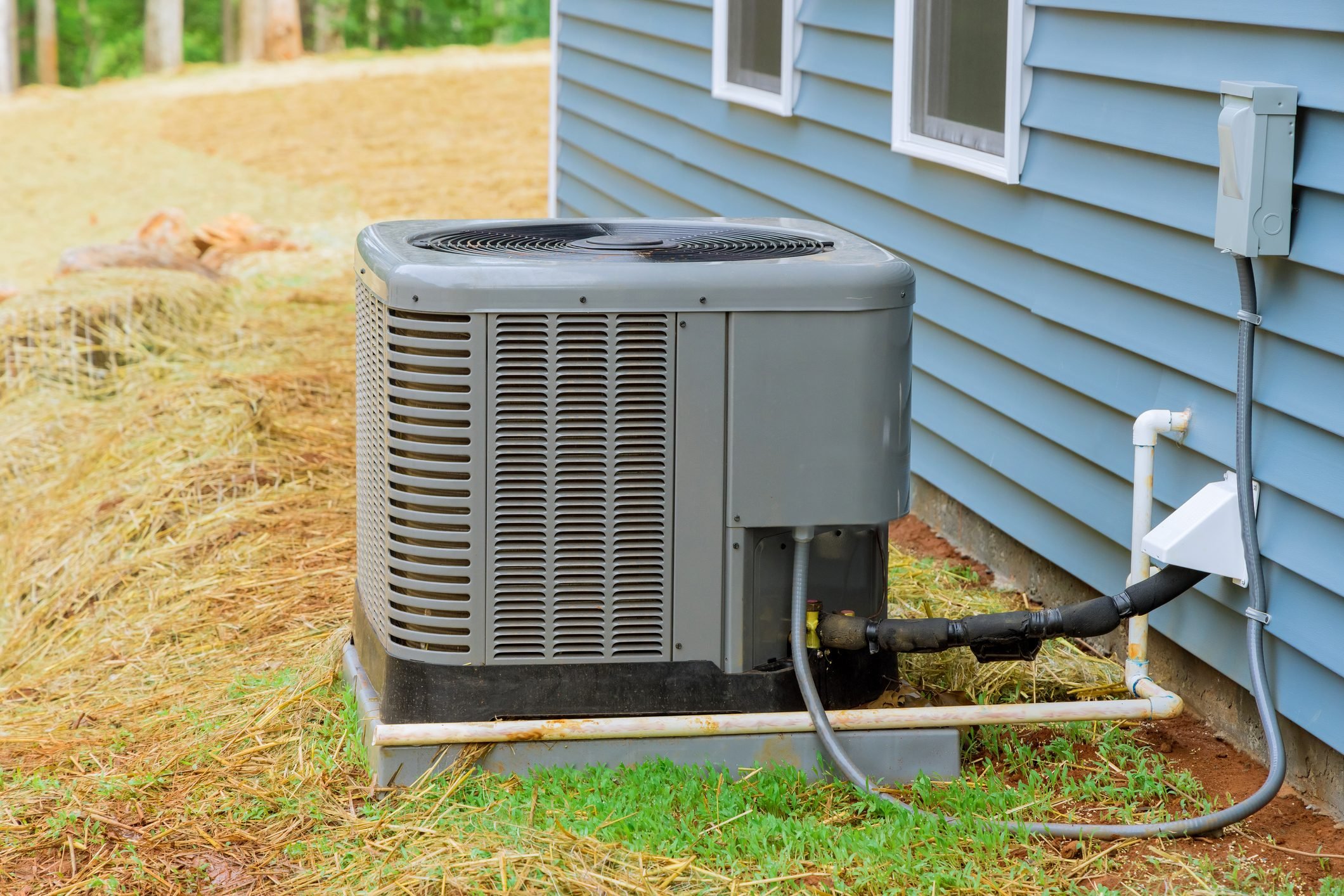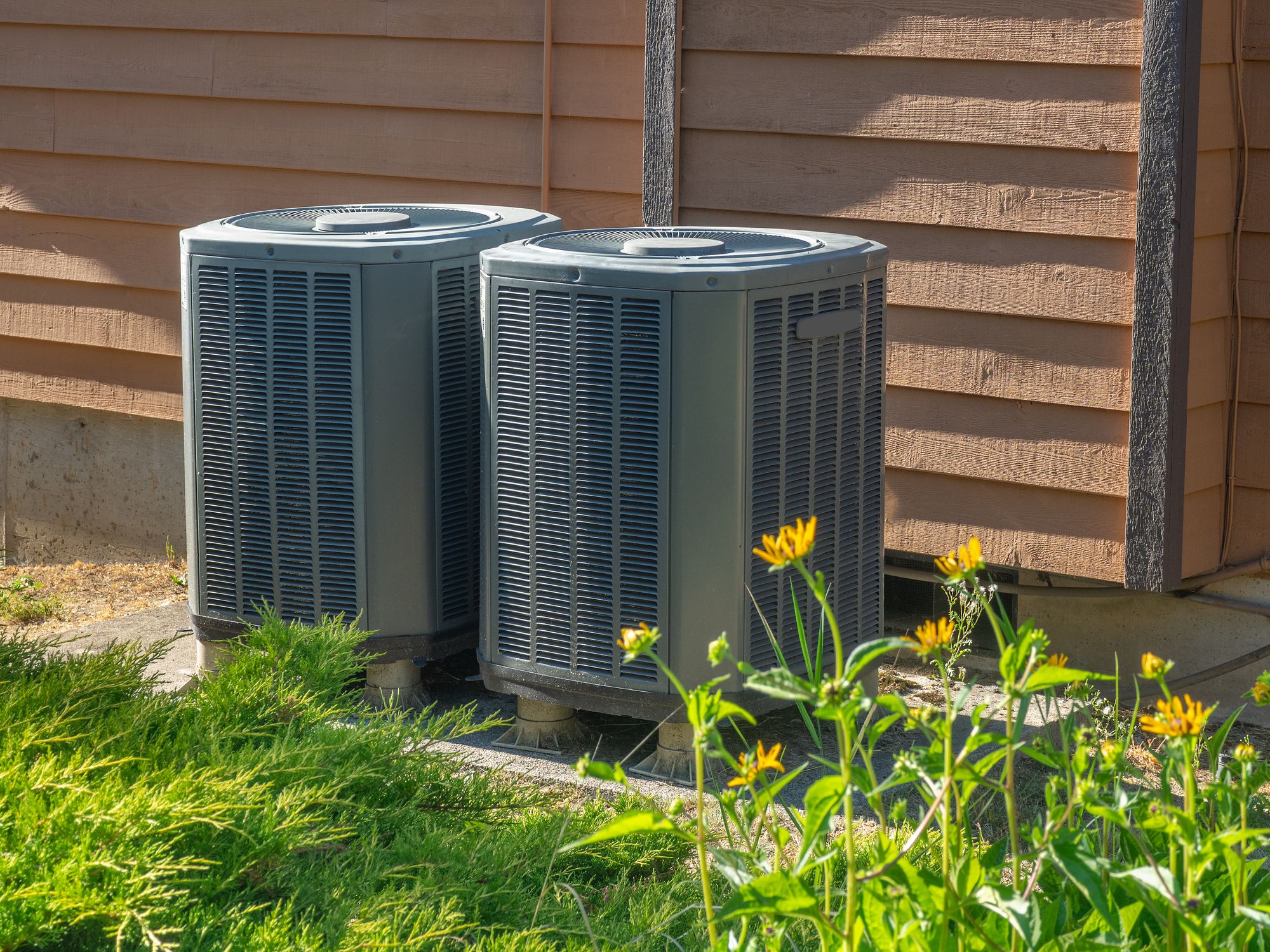Understanding the Different Kinds Of Heating And Cooling System for Optimum Efficiency
Comprehending the different types of heating and cooling systems is necessary for house owners aiming to enhance comfort and energy efficiency. Central air conditioning systems give consistent temperature level control, while ductless mini-split systems use versatility. Heatpump deliver efficient year-round environment monitoring. For smaller sized areas, window and mobile a/c function as practical remedies. Geothermal systems make use of constant below ground temperatures for lasting home heating and cooling. Each alternative holds special advantages, prompting a more detailed assessment of which might match private demands best.
Central Air Systems
Although several house owners seek ways to boost indoor comfort, recognizing central air conditioning systems is vital for efficient climate control. Central air operates by flowing amazing air via a system of air ducts, dispersing it uniformly throughout the home. This kind of system consists of a number of key elements, consisting of an outside compressor, an interior evaporator coil, and a network of ductwork.
The compressor cools refrigerant, which after that absorbs warm from indoor air as it passes with the evaporator coil. This cooled down air is pushed with the air ducts and into living areas, guaranteeing a constant temperature level. Central air conditioning systems are known for their efficiency, frequently using programmable thermostats to enhance power use. Regular maintenance, such as filter adjustments and system checks, is important to ensure long life and efficiency. Recognizing these parts helps homeowners make informed decisions concerning installment and maintenance, eventually enhancing comfort and power performance in their homes.

Ductless Mini-Split Equipments
Ductless mini-split systems supply a versatile choice to standard air conditioning, providing to home owners looking for reliable environment control without the demand for substantial ductwork. These systems include an outside compressor device and several interior air-handling devices, allowing for targeted cooling and home heating in certain areas or rooms. This zoning capability boosts convenience by making it possible for individuals to readjust temperature levels based upon private preferences, inevitably bring about power cost savings.
Installation is usually less complex and much less intrusive compared to ducted systems, which can be advantageous for older homes or spaces with minimal architectural adjustments. Furthermore, ductless mini-split systems commonly feature energy-efficient modern technologies, such as inverter-driven compressors, which enhance energy consumption based upon need. Their compact layout likewise enables various positioning choices, making them suitable for unique or limited spaces. As a result, ductless mini-split systems have actually gotten popularity amongst house owners trying to find contemporary, reliable cooling and heating services.
Warmth Pumps
Heatpump stand for a flexible and energy-efficient option for both heating and cooling domestic spaces. These systems run by transferring warmth rather than creating it, making them particularly reliable in moderate environments. During warmer months, heatpump extract heat from inside your home and release it outside, providing cooling. Conversely, in wintertime, they reverse this process, drawing warmth from the outside air or ground to heat the inside.
There are two main types of heatpump: air-source and ground-source (or geothermal) Air-source heat pumps are a lot more usual because of their less complex installation and lower preliminary price, while ground-source models flaunt greater performance and stability in efficiency. In addition, heatpump can significantly minimize power bills and carbon footprints HVAC experts when compared to standard home heating approaches, making them an environment-friendly choice. In general, warm pumps stand as an engaging service for homeowners looking for reliable environment control throughout the year.
Home Window and Portable Air Conditioners

On the various other hand, mobile air conditioners offer flexibility, as they can be easily moved from room to area. These devices usually call for a venting package to exhaust hot air through a home window, yet they give a convenient option for short-lived cooling demands.
Both kinds of air conditioning system are appropriate for renters and those looking for to prevent comprehensive installation procedures. Customers need to consider variables such as BTU capacity, power efficiency rankings, and noise degrees when choosing an unit to ensure peak efficiency for their particular room and cooling needs.
Geothermal Heating & Cooling Solutions
As power performance ends up being progressively essential, geothermal cooling and heating systems have actually gotten popularity for their lasting technique to climate control. These systems make use of the steady temperatures located underground to give heating in winter months and air conditioning in summer season. By taking advantage of the planet's natural thermal energy, geothermal systems considerably lower reliance on nonrenewable fuel sources and lower energy costs.

Geothermal systems generally need less upkeep compared to typical Heating and cooling systems, resulting in long-lasting cost savings. With raising awareness of climate change, these systems represent a forward-thinking service for those looking for green and effective heating and cooling choices
Often Asked Concerns
How Usually Should I Service My Heating And Cooling System?
HVAC systems ought to preferably be serviced twice a year, when in the spring and when in the fall. Regular upkeep aids assure performance, prolongs life expectancy, and stops expensive failures throughout top use periods.
What Size Cooling And Heating System Do I Need for My Home?
Establishing the appropriate dimension for an a/c system needs calculating the home's square video, insulation quality, and environment. A professional analysis assurances optimal effectiveness, convenience, and power cost savings customized to the details needs of the home.
Can I Install a Cooling And Heating System Myself?
Setting up a cooling and heating system independently is feasible, yet it needs technological knowledge and abilities. Mistakes can cause inefficiency or safety and security hazards, so consulting an expert is frequently advised to guarantee appropriate installment and conformity with policies.
What Are the Indicators My Heating And Cooling System Requirements Repair Service?
Signs that a HVAC system requires repair work include uncommon noises, irregular temperatures, raised energy costs, unpleasant smells, and regular biking. Prompt focus to these indicators can protect against additional damages and guarantee optimal system performance.
Just How Can I Improve My cooling and heating System's Energy Performance?
To improve a/c power efficiency, one should consistently change filters, seal air ducts, mount a programmable thermostat, warranty correct insulation, and timetable regular upkeep checks. HVAC experts. These activities collectively improve performance while decreasing energy usage and expenses
Central air conditioning systems supply consistent temperature control, while ductless mini-split systems provide adaptability. Central air conditioning runs by circulating great air with a system of ducts, distributing it evenly throughout the home. Central air conditioning systems are recognized for their performance, often utilizing programmable thermostats to enhance energy use. Ductless mini-split systems use a flexible alternative to standard central air conditioning, catering to home owners seeking effective environment control without the demand for extensive ductwork. Geothermal systems usually call for much less maintenance compared to typical Cooling and heating systems, resulting in lasting financial savings.